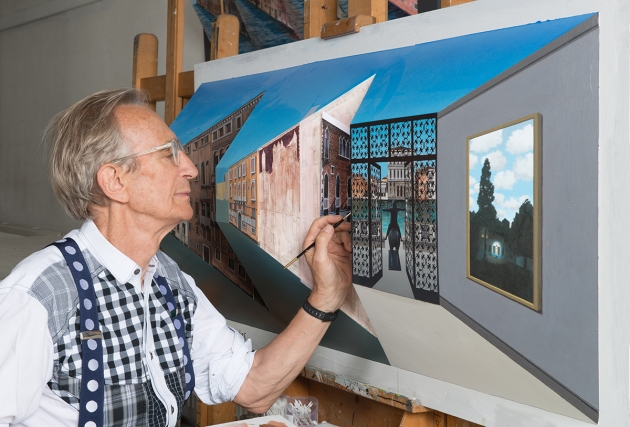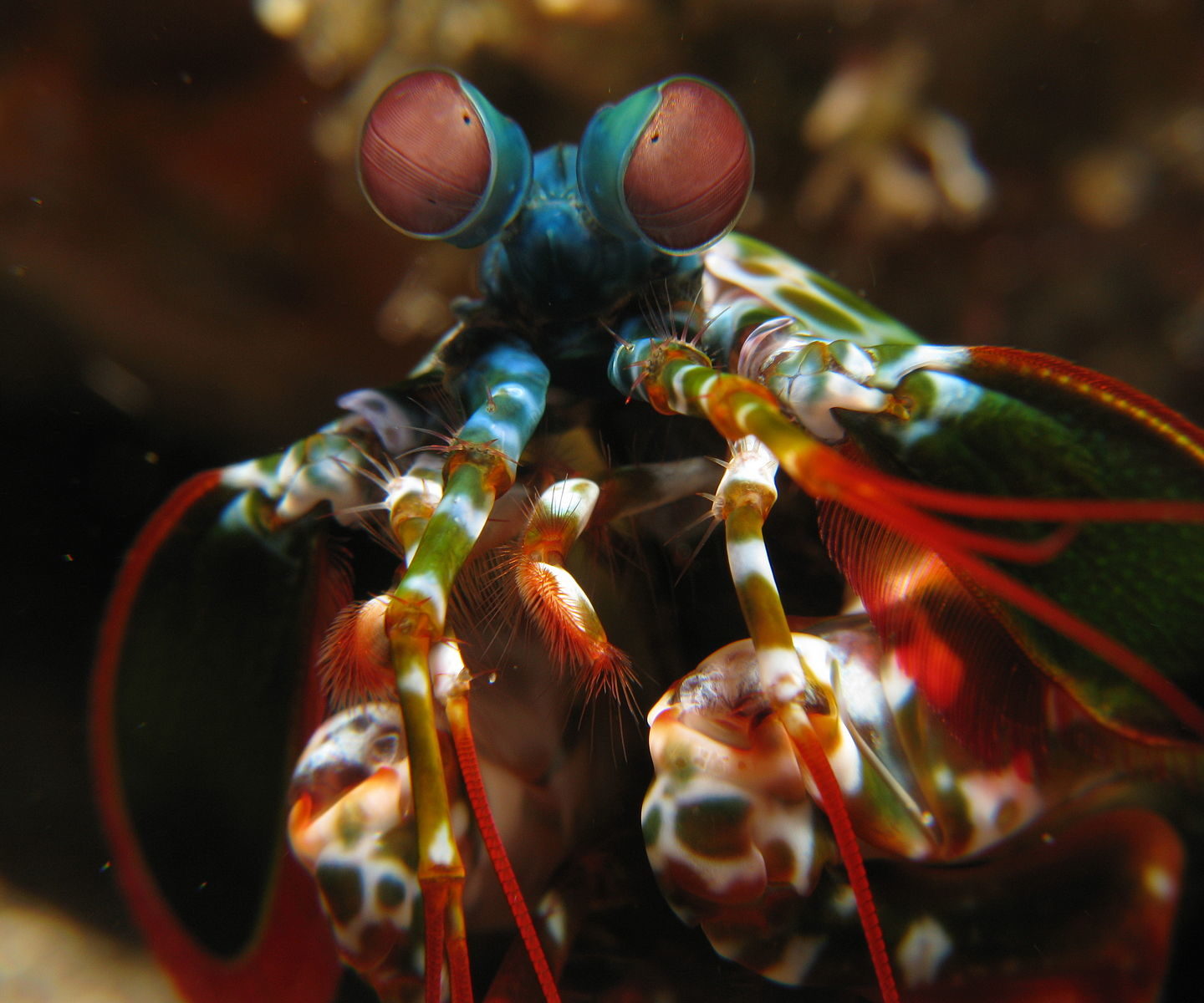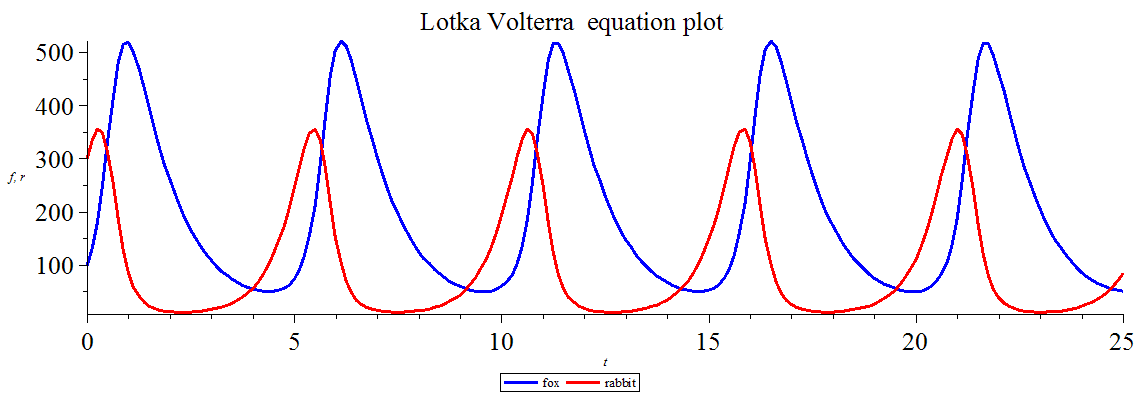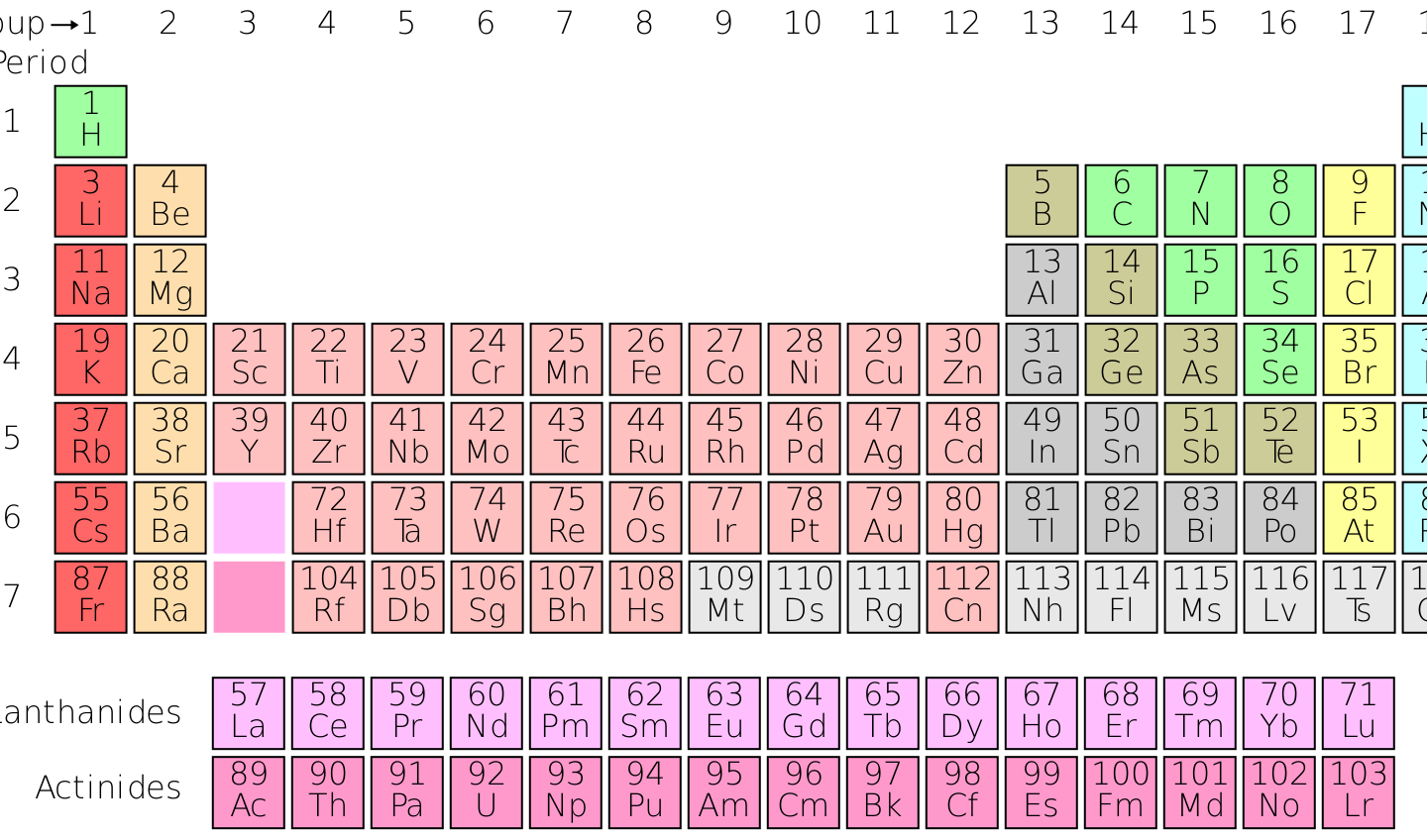Thanks to Paul Linton for blogging this week on The Perception and Cognition of Visual Space, published 2017 by Palgrave MacMillan. To read all his posts on a single page, click here.
Perceptual Integration and Visual Illusions
In my first post I argued that inconsistencies in visual space reflect a conflict between visual experience and perceptual judgement. In this second post I argue that the same approach can be applied to (a) the integration of depth cues, and (b) illusions of visual space, to show that they …







